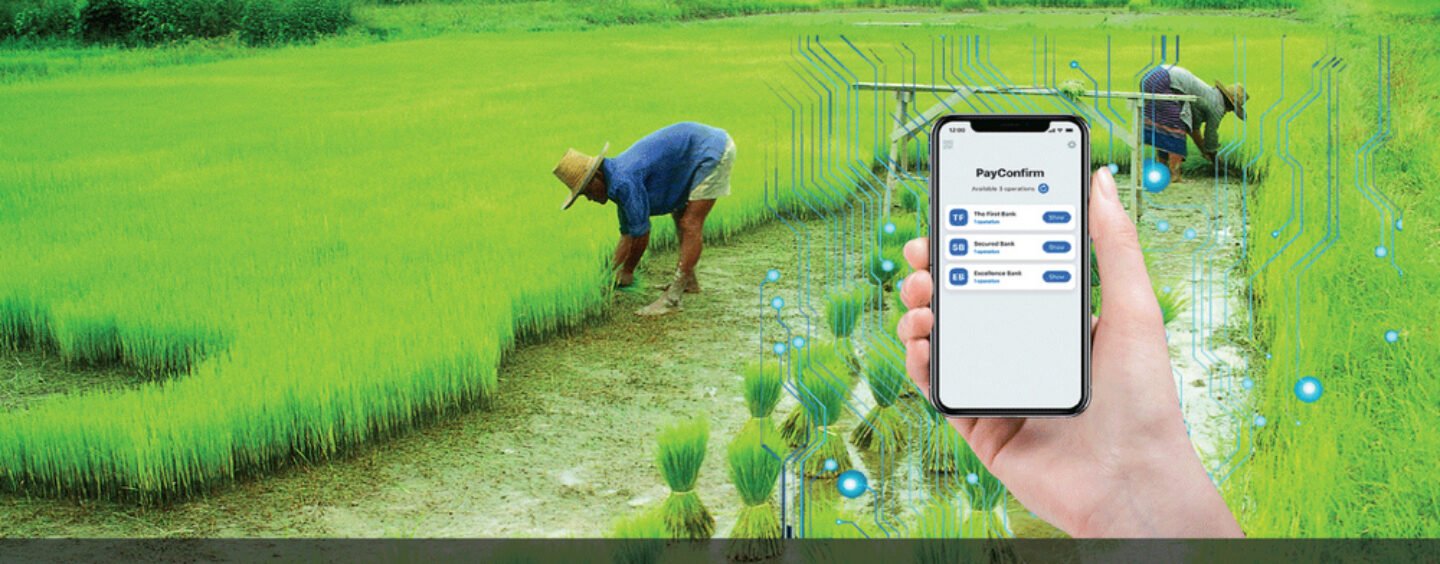Digital Transactions have been gaining a lot of traction in the last few years in the country. India has traditionally been a cash based economy, especially in rural areas. The move to declare high value currency notes as illegal tender in November 2016 changed the landscape beyond imagination. Within a week, our vegetable vendors started accepting payments through e-wallets. This was just a part of the picture.
Is our rural economy equipped to transition into a cashless economy? With some degree of confidence, we may say that it is still a work in progress. The more meaningful question should be how we can accelerate the process of cashless digital transactions in rural India. Financial inclusion and awareness is the only way forward.
Some of the common modes of digital transactions are Bank Cards (Debit card, Credit Card, etc.), Electronic wallets (PayTm, PhonePe, MobiKwik etc.), Internet banking, (Unified Payment Interface) UPI and other Aadhaar Enabled Payments System (AEPS). The receiver is required to have a bank account and Point of Sale (POS) infrastructure in most of the cases. Multiple variants of POS like Physical POS, Mobile POS and Virtual POS are available readily.
Role of technology in Digital Transactions
There are a few basic prerequisites for any digital transaction. A bank account, smart phone and internet connection is the bare minimum. Prima facie, majority of Indian farmers are equipped with all three owing to government efforts like Pradhan Mantri Jan-Dhan Yojana, low cost smartphones and decent internet connectivity at low prices.
Digital transactions are not novel to farmers in India. Kisan Credit Cards (KCC) was introduced in 1998 to facilitate short term low interest credit to farmers. Under the KCC scheme, farmers were provided with ATM-cum-Debit Card for withdrawal of funds from ATMs in addition to the KCC. Currently, other digital payment methods like e-wallets are gaining traction in rural areas.
Banks and NBFCs have taken up the task of popularising cashless transactions apart from ensuring financial inclusion. The State Bank of India (SBI) is offering technology backed agricultural solutions like YONO Krishi. YONO Krishi facilitates farmers to review their Kisan Credit Card (KCC) account with SBI. With a beneficiary count of over 75 lakh farmers, this feature has made changing limits of KCC by farmers without visiting the bank branch.
Recent announcement of partnership between Airtel Payments Bank and Mastercard to build customised payments solutions like Near Field Communication (NFC), Credit cards and other services especially designed for farmers and SMEs is testimony to the fact that rural India is a significant part of digital economy and cannot be overlooked.
Digital platforms are getting designed to provide farmers with knowledge about advanced farming techniques and give them access to marketplaces, simultaneously enabling them to receive payments directly in their wallets linked to Bank accounts. The infrastructural support along with proper training and guidance is the right way to go about achieving a cashless agricultural transaction.
FocusAgritech’s Outlook on Digital Transactions
Government should encourage rural banking branches with a digital mode of system, swipe machines and ensure availability of smartphones in rural areas. This can be done by providing farmers incentives for digital payments and making smartphones cheaper for them.
There is a need to plan training programs for farmers through representatives of the government. Another obstruction to adoption of cashless transactions is the belief that it’s not safe. Awareness measures should be taken in this direction with efficient grievance redressal mechanisms in place for quick settlement of the problems.
Companies to watch: Agri hub, Agro star, Big haat , RML Ag tech, Apna Pay, Finacus
Read more such articles on our portal:
Adani Group is adding value in Agriculture too






